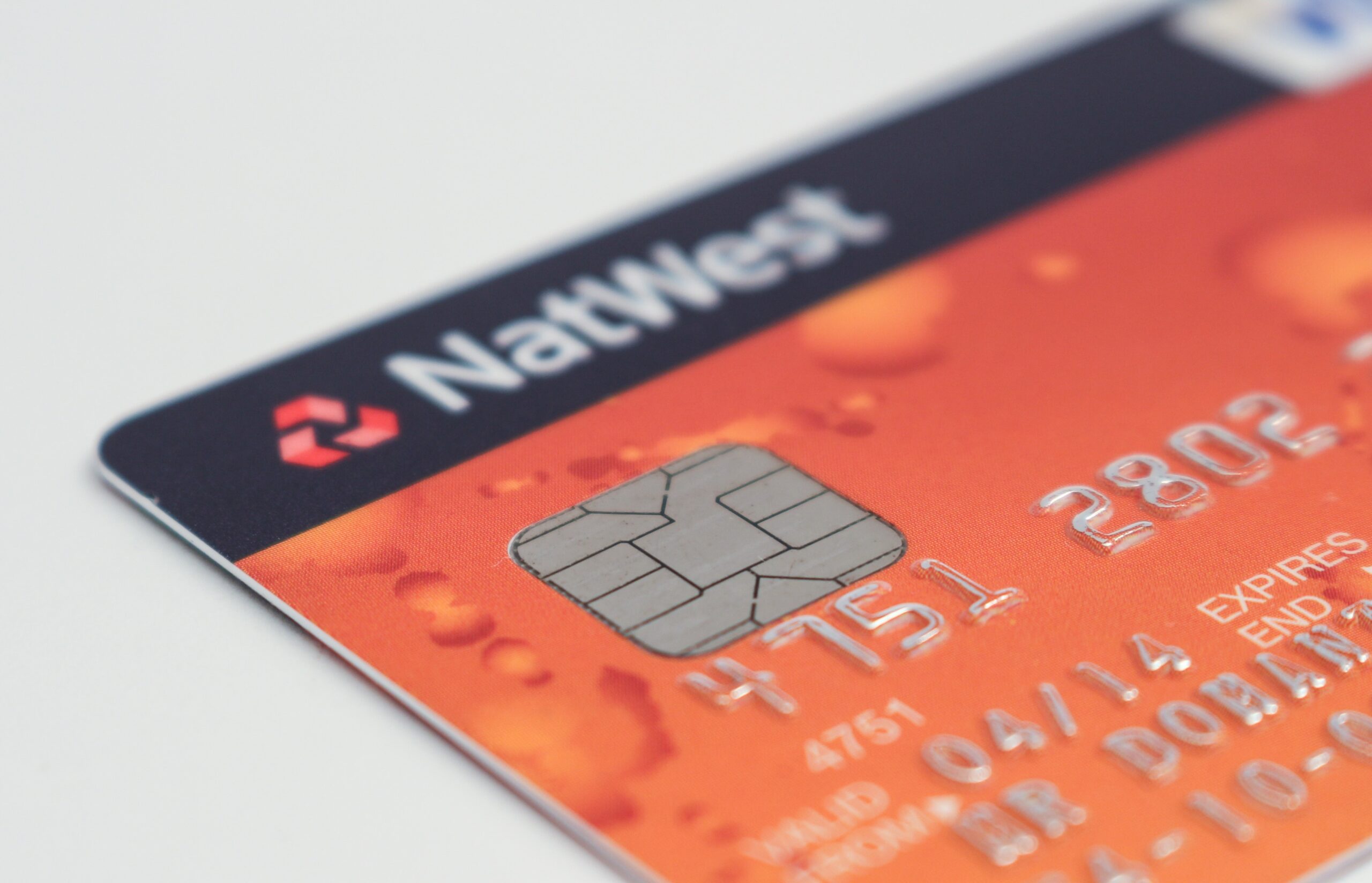The Dave Ramsey 7 Baby Steps are well known in the debt free community. The baby steps are designed to teach people about some of the basics of financial literacy, to encourage people to become debt free and to empower people to take control of their finances.
This article will talk about the Dave Ramsey baby steps and what I believe their pros and cons are.
When I was on my debt free journey, I used some of the baby steps to help me out and they had a very positive impact. They gave me the momentum I needed to get started.
But I discovered that not all of the steps were applicable to me. I didn’t live in America, I lived in the UK where the financial structures are slightly different. Also, I was at a point in my life where the steps didn’t apply to my personal circumstances. So I used some of the steps, but there are some that I either don’t plan on using or haven’t used at all.
What Are The Dave Ramsey Baby Steps?
BABY STEP 1
Save $1,000 for your starter emergency fund.
BABY STEP 2
Pay off all debt (except the house) using the debt snowball. The debt snowball is when you list all of your debts except for your mortgage. Put them in order by balance from smallest to largest—regardless of interest rate. Pay minimum payments on everything but the little one. Concentrate on attacking one debt. Once it’s gone, take that payment and put it toward the second-smallest debt, making minimum payments on the rest.
BABY STEP 3
Save 3–6 months of expenses in a fully funded emergency fund.
BABY STEP 4
Invest 15% of your household income in a pension fund.
BABY STEP 5
Save for your children’s college fund.
BABY STEP 6
Pay off your home early.
BABY STEP 7
Build wealth and give.
The Pros of the 7 Dave Ramsey Baby Steps
1. They are a massive lifesaver to people who are in debt.
This is because the steps are very simple and very easy to implement. They provide a starting point for someone who wants to pay their debt but is unsure of where to begin.
2. They encourage people to save.
A study commissioned by Bank Rate in July 2021 discovered that more than half, 51%, of Americans have less than three months’ worth of emergency savings. That figure includes 25% of respondents who said that they don’t have any emergency savings at all.
But with Dave’s baby steps, the first thing he encourages people to do is to have a $1,000 emergency fund and this is a good thing because it gets people started with saving.
3. They encourage people to invest.
Baby Step 4 tells people to save 15% of their gross income into retirement. People tend to put off saving for retirement and under estimating how much money they need to live on once they retire. But Dave actively encourages people to look forward to a older age and to seriously start saving for retirement.
4. It’s good for people who live in America.
By that, I mean it encourages parents to start saving up for their children’s College funds. American Student Loan Debt is a huge crisis and having financial support from parents makes it easier for students.
Dave Ramsey also encourages people to pay off their house early. Being mortgage-free is a big source of financial security for people. It also provides people with more disposable income.
The Cons of the 7 Baby Steps
1. The majority of the 7 Baby Steps only apply to those who live in America.
For example, the college fund step doesn’t necessarily apply to England which is where I studied. In England, you only start paying for your student loan once you are earning a certain amount of money and even then, the amount of money you pay for your student loan isn’t too drastic and it doesn’t affect your credit rating.
The most amount of money I’ve ever paid for my student loan per month has been about £150 pounds. Whereas in America, people are paying upwards of $1000 a month for student debt.
Although student debts are a problem, they don’t interfere in people’s lives as much as they do in America. So as someone who grew up in the UK, I would change that step and make it about saving for your children’s accommodation and living expenses whilst they are at university instead of the actual tuition fees.
2. They discourage you from investing and giving whilst you’re still in debt.
This is something that I completely disagree with. When you stop investing, you are losing out on the benefit of compound interest, especially for your retirement plan.
Search for some people, it might take them about 5 years to become debt free and they lose out on 5 years worth of compound interest. I would suggest that even if you are paying back debt, don’t Stop investing. You might reduce the amount you invest but don’t stop because you are only losing out.
3. The $1000 emergency fund isn’t enough.
I don’t believe that this is enough money, especially for a bigger household. so I would recommend having a larger basic emergency fund.
4. The debt Snowball isn’t the most effective way of becoming debt free.
The problem with the debt snowball is that there may be debts that you have that have higher interest. This interest continues to compound whilst you’re paying off the smaller debts. You actually end up paying more debt back with the debt Snowball because of this.
I recommend using the debt avalanche method instead. With debt avalanche, you pay your debts but in the order of the one that has the highest interest fast. Psychologically, this is harder to do because the one that has the highest interest might be the biggest debt and it can be quite daunting psychologically. But in the long run, you pay less money by doing a debt avalanche compared to a debt Snowball.
5. A 3 to 6 month emergency fund might not be enough.
A good illustration is the pandemic. At the start of the pandemic, those that had emergency funds were much better off, but no-one anticipated that 18 months later we would still be in a pandemic and that a 3 to 6 month emergency fund simply wasn’t enough for people.
I know it’s hard to build an emergency fund from scratch but I would suggest that you have up to a 12-month emergency fund because we simply can’t predict how long some emergencies are going to last.
Conclusion
I believe that Dave Ramsey has done a lot of good for people in regards to helping them to become debt free. But his 7 Baby Steps are not always applicable to everyone’s circumstances. The best thing you can do is to take the steps and adjust them to your particular circumstances.
What do you think of Dave Ramsey and his baby steps? Have you used them in your debt free journey and If you have, did they work for you? Let me know your opinion on some of the critiques I have made.


